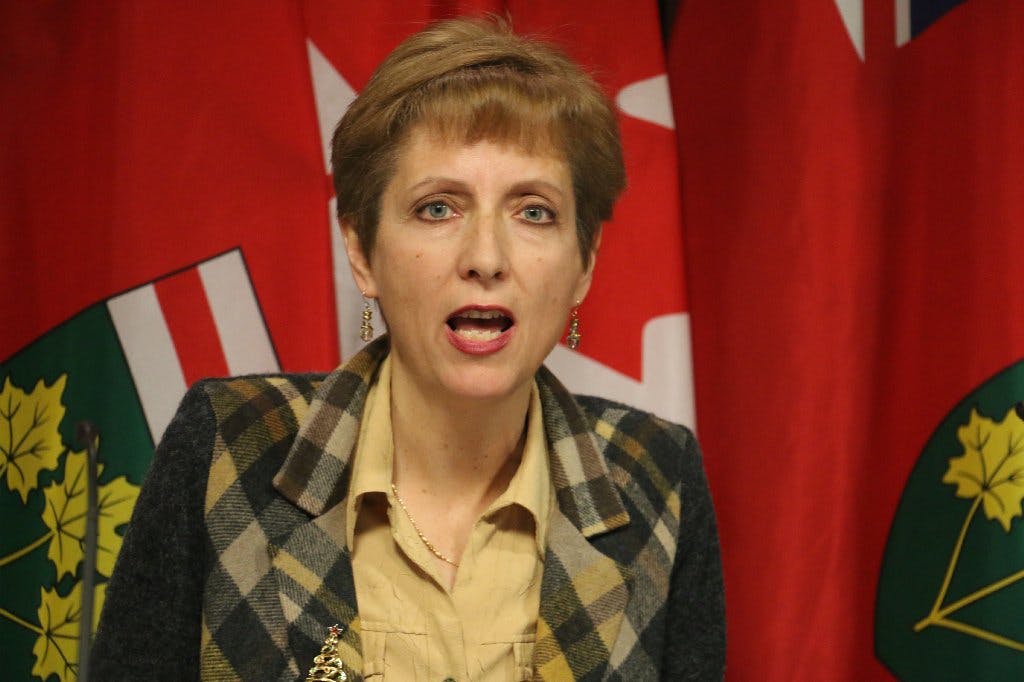This post is from our archives and not all features will display correctly.
NDP proposes opt-out organ donation system to increase donor rates
Researchers have found that the “default view” of a given country has a strong impact on number of people who sign up to be organ donors.
Published Jul 17, 2019 at 3:32pm

Read this for free.
Log in below to get access to this article. One free per week.
